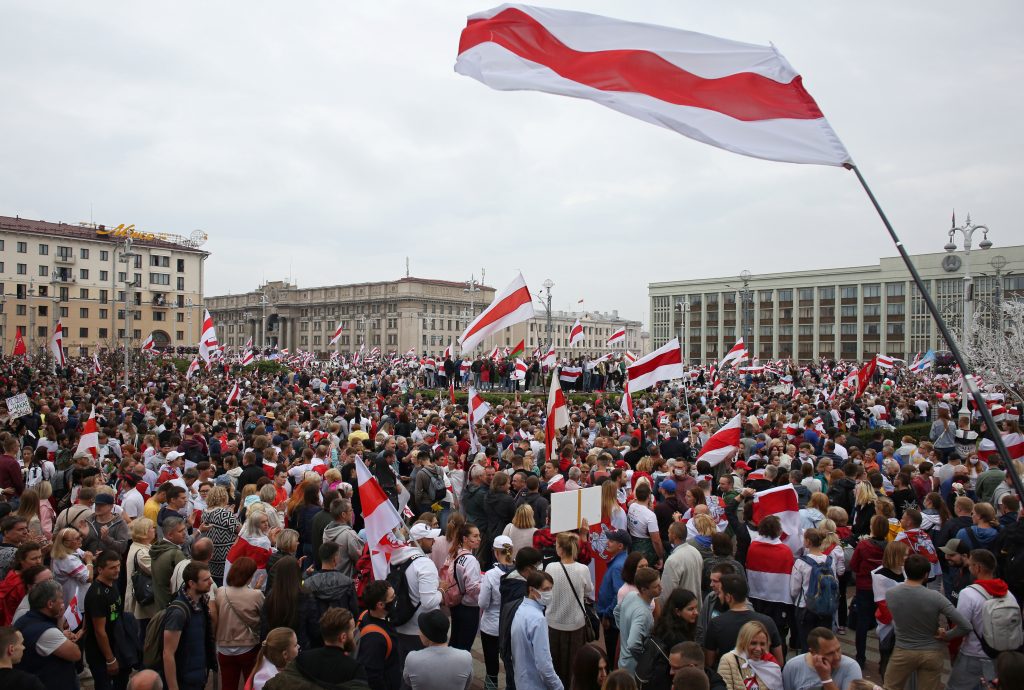This article explores the military might of Russia by delving into the legacy of the USSR. The USSR was a formidable military power and its military-industrial complex allowed for rapid expansion and global influence. Despite facing challenges after the collapse of the USSR, Russia has made significant efforts to modernize its armed forces in the 21st century. It has launched various military programs to upgrade weapons systems, invested in cyber warfare capabilities, and possesses a formidable nuclear arsenal. Russia also demonstrates its military strength through large-scale military exercises and state-sponsored cyber warfare activities. Overall, the legacy of the USSR has greatly shaped Russia’s military might in the modern world.
The USSR’s Legacy: Exploring the Military Might of Russia
Introduction
The Union of Soviet Socialist Republics (USSR) was one of the most influential superpowers of the 20th century. Its immense military strength played a pivotal role in shaping the global political landscape. Even after the collapse of the USSR in 1991, Russia, as the successor state, continues to possess a substantial military force. This article aims to delve into the legacy of the USSR and explore the military might of modern-day Russia.
Historical Context
The USSR emerged as a formidable military power after World War II. Its military-industrial complex was highly efficient and capable of rapid expansion. The country’s focus on developing nuclear weapons and creating a robust military infrastructure expanded its influence across the globe. From Europe to Asia, the USSR’s military presence was significant and often served as a deterrent to potential adversaries.
Modernization Efforts
Following the collapse of the USSR, Russia faced numerous economic and political challenges, which affected its military capabilities. However, the country made significant efforts to modernize its armed forces in the 21st century. President Vladimir Putin, in particular, has prioritized military reforms and investments in new technologies.
Russia has launched various military programs aimed at upgrading its weapons systems and military infrastructure. These programs include the development of state-of-the-art fighter jets, advanced missile defense systems, and advanced naval vessels. Furthermore, Russia has invested heavily in cyber warfare capabilities and space technology.
Nuclear Arsenal
One of the USSR’s most significant legacies is its nuclear arsenal. Russia inherited the largest nuclear stockpile in the world after the collapse of the USSR. Although it has significantly reduced the number of nuclear weapons since then, Russia still possesses a formidable nuclear triad consisting of intercontinental ballistic missiles (ICBMs), submarine-launched ballistic missiles (SLBMs), and strategic bombers.
Russia’s nuclear arsenal serves as a deterrent against potential aggressors and ensures the country’s strategic security. While international treaties like the New START have stipulated reductions in nuclear stockpiles, Russia remains a nuclear power with a significant military advantage.
Military Exercises
Another aspect that demonstrates Russia’s military might is its large-scale military exercises. The Russian Armed Forces regularly conduct drills to test their readiness and capabilities. Notable exercises like the “Zapad” series and the Vostok-2018 exercise have involved tens of thousands of troops and showcased Russia’s ability to mobilize forces rapidly.
These drills not only serve to enhance Russia’s preparedness for potential conflicts but also convey a message of deterrence to other nations. The exercises often involve joint operations with other countries, reinforcing Russia’s position as a reliable military partner.
Cyber Warfare
Russia’s military might extends beyond conventional means. The country has been accused of engaging in state-sponsored cyber warfare activities against other nations. From alleged interference in the 2016 US presidential elections to cyberattacks on critical infrastructure, Russia has shown its proficiency in the cyber realm.
The ability to engage in cyber warfare provides Russia with a potent asymmetric advantage. It allows them to target adversaries’ information systems, disrupt communication networks, and influence public opinion. The integration of cyber capabilities into traditional warfare strategies enhances Russia’s overall military strength.
Conclusion
The legacy of the USSR continues to shape Russia’s military might. From its historical context as a superpower to modernization efforts, nuclear capabilities, military exercises, and cyber warfare, Russia’s military strength is undeniable.
As the successor state to the USSR, Russia maintains a strong military force that plays a significant role in global politics. While there are ongoing debates about the extent of Russia’s military capabilities, it is crucial to understand the historical context and the legacy inherited from the USSR to fully grasp Russia’s power in the modern world.
